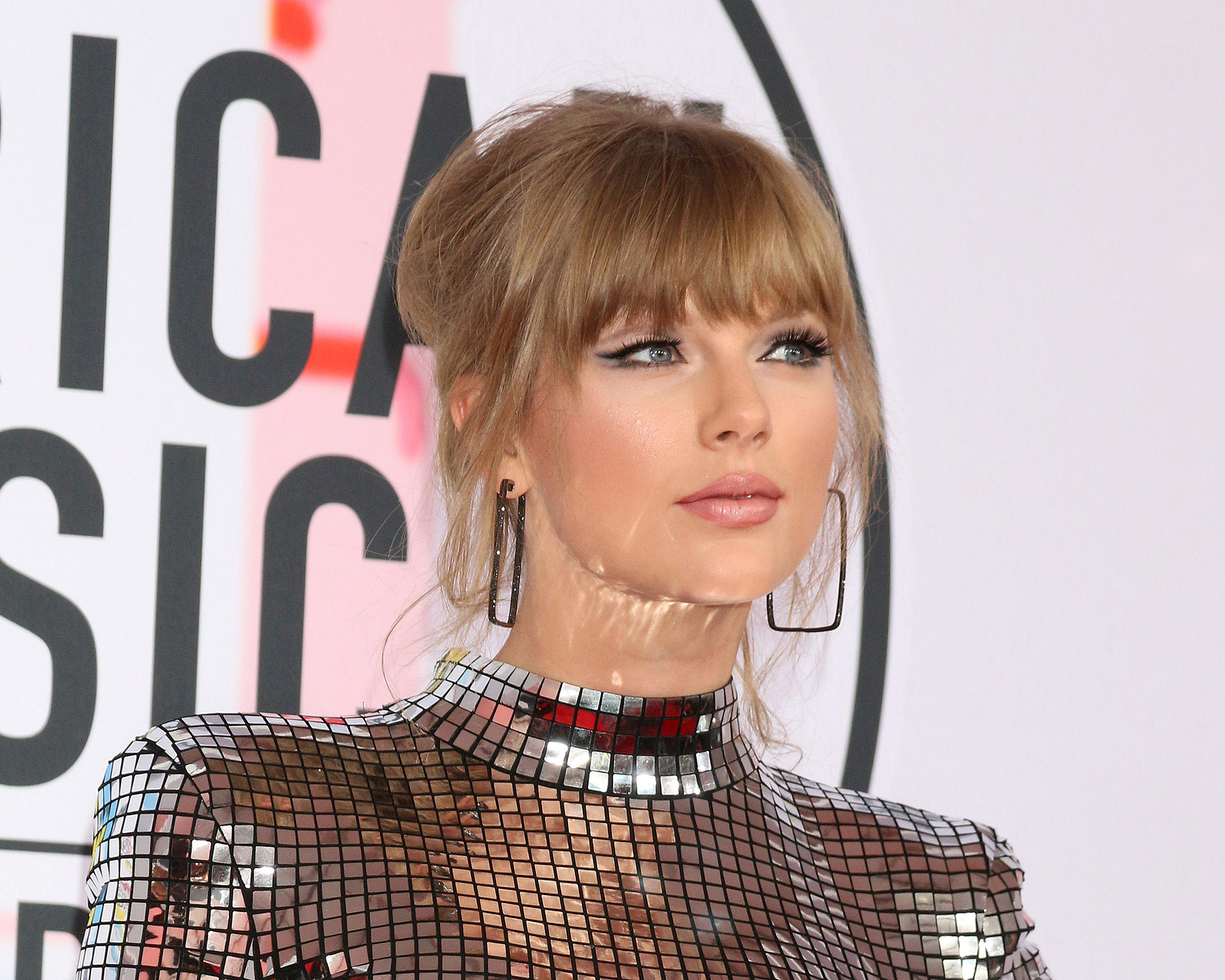In the increasingly tumultuous coliseum of presidential politics, the allure of celebrity endorsements is becoming a coveted strategy for campaigns aiming to bolster their appeal and sway public opinion. Ideally, people would select their leaders based on experience, plans and qualifications, Still, there is no question the allure of Hollywood, celebrities, athletes and other entertainers has the power to delude the electorate and influence major decisions.
Yet, beneath the veneer of glitz and glamour lies a risky endeavor fraught with potential repercussions for the candidates they support and for the celebrities themselves. As entertainers, athletes and business moguls venture into the swamp’s murky waters, they must navigate a long and precarious tightrope between galvanizing support and alienating their fans, risking far more than any reward.
Undoubtedly, the right to free speech is a cornerstone of our republic, and individuals from all walks of life should be encouraged to engage in politics and the marketplace of ideas. However, the axiom “with great power comes great responsibility” holds particularly true for those in the public eye. While celebrities command substantial influence, they must be acutely aware of the consequences of aligning themselves with politics, parties and politicians. The risk of estranging fans and customers looms large as personal convictions clash with consumer preferences.
While famous people have every right to exercise their right to free speech, they must also consider the repercussions of speaking out. Their decisions may backfire and alienate the fans that made them famous in the first place.
Consider the recent speculation surrounding Taylor Swift’s potential endorsement of Joe Biden’s 2024 presidential campaign. Swift, an iconic figure in the music industry with a massive fan base, undoubtedly possesses the ability to mobilize a significant part of her audience. However, the decision to endorse a candidate is not without peril. For every fan energized by her advocacy, there may be others disillusioned by her foray into politics, viewing it as an unwelcome intrusion into their realm of entertainment.
Swift has faced cancel culture before. In 2019, she described the fallout from a feud with Kanye West and Kim Kardashian by stating, “I don’t think there are that many people who can actually understand what it’s like to have millions of people hate you very loudly. … When you say someone is canceled, it’s not a TV show. It’s a human being.”
Maybe Taylor should consider Donald Trump, the leading expert on the hate subject, whether she likes him or not. Although a rare case, including real Justice Department cases, the institutional efforts to cancel Trump’s First Amendment rights are substantial. The main point is that the ruthless political pendulum could swing back and hit some on the other side or even in the middle.
In 2018, Swift had strong words about Marsha Blackburn, now a senator from Tennessee. Her words and activism encouraged thousands of fans to engage, but it wasn’t enough to keep Blackburn out of the Senate. She risked alienating many of her fans who supported Blackburn and further opened the door for others to be critical of her words and actions.
There have already been farfetched conspiracy theories in the media about the Super Bowl and recent polling showing many Americans believe Swift is part of a government plot to sway the presidential election.
It will be interesting to see what Swift does.
While the Biden campaign could no doubt use the energy a Swift endorsement could provide, it might come at a great cost to Swift and likely divide many of her fans, especially those in communities where she got her start in the music industry.
The Democrats’ pursuit of Swift underscores the strategic calculus behind celebrity endorsements in politics. While her endorsement could undoubtedly provide a significant boost to Biden’s campaign, the potential backlash from conservative audiences should not be underestimated. In an era where personal brand is paramount, any association with divisive political figures can have far-reaching implications for celebrities seeking to maintain broad appeal.
In an age where messages are magnified and scrutinized with unprecedented intensity on social media platforms, the stakes of political engagement have never been higher. Celebrities and entertainers must carefully weigh the potential benefits of endorsing a candidate against the risks of alienating their audience and themselves.
While some may champion their convictions, others may opt for a more cautious approach, mindful of the hazards that await those who delve too deeply into the political fray.
As Taylor Swift and others deliberate their role in the political arena, they would do well to remember the gladiators and the fact that the cost of taking a stand can sometimes outweigh the rewards. Part of being a responsible free speech advocate is knowing when to shut up!


